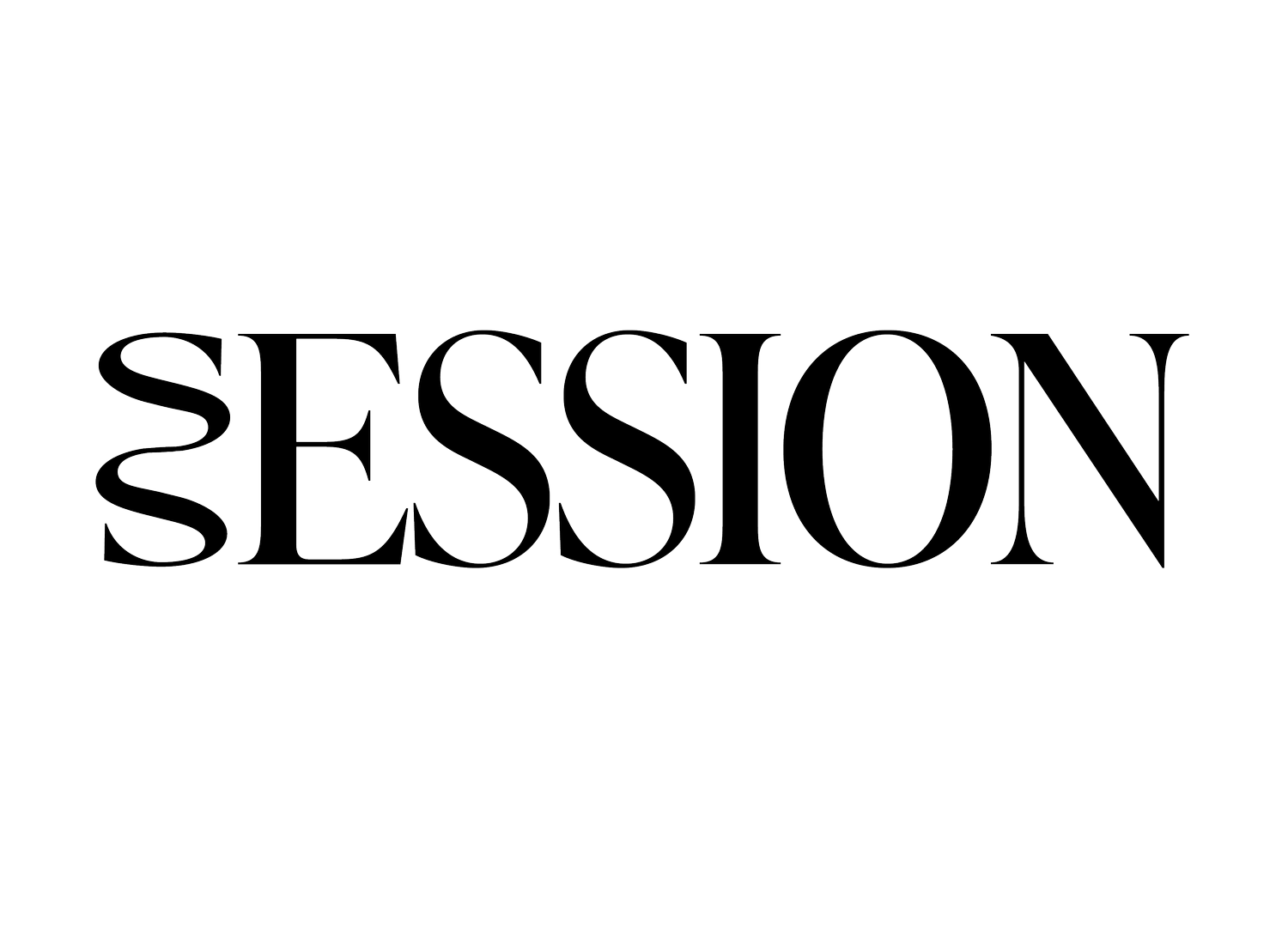Navigating Stress as a Self-Employed Creative: How Behaviour Coaching Can Help
Being a self-employed creative or artist can be incredibly rewarding, allowing you to pursue your passion and express your unique talents. However, this path also comes with its fair share of challenges and stressors that can take a toll on your well-being. From the pressure to meet deadlines to the constant search for inspiration, self-employed creatives face numerous obstacles. In this blog, we will explore some of the biggest causes of stress for self-employed creatives and artists and discuss how behaviour coaching can provide valuable support and guidance to navigate these challenges effectively.
Financial Insecurity:
One of the most significant stressors for self-employed creatives is financial insecurity. Irregular income, uncertain cash flow, and the constant need to find new clients or projects can lead to anxiety and stress. Behaviour coaching can assist in developing effective financial planning strategies, helping artists create budgets, track expenses, and set realistic financial goals. Coaching can also offer guidance on diversifying income streams and establishing pricing structures that reflect the value of their work.
Time Management and finding Balance:
Self-employed creatives often struggle with managing their time effectively and maintaining a healthy work-life balance. The pressure to meet deadlines and deliver high-quality work can lead to long hours and neglecting personal needs. Behaviour coaching can provide tools and techniques to improve time management skills, prioritise tasks, and create boundaries between work and personal life. By implementing strategies such as setting clear schedules, practising self-care, and learning to say no, artists can reduce stress and achieve a healthier balance.
Creative Blocks and Self-Doubt:
Creativity can be both exhilarating and frustrating. Artists may face creative blocks, self-doubt, and the fear of producing work that doesn't meet their own expectations or the expectations of others. Behaviour coaching can help artists overcome these challenges by identifying negative thinking patterns, developing self-compassion, and fostering a growth mindset. Coaches can provide support, accountability, and techniques to enhance creativity, such as mindfulness exercises, journaling, and visualisation techniques.
Isolation and Lack of Support:
Working as a self-employed creative often means working alone, which can lead to feelings of isolation and a lack of support. Without a traditional office environment or colleagues, artists may struggle with limited opportunities for collaboration and feedback. Behaviour coaching can help by encouraging artists to seek out communities of like-minded individuals, participate in networking events, and engage in mentorship programs. Coaches can also provide a supportive and non-judgmental space to discuss challenges and explore solutions.
Self-Criticism and Perfectionism:
Self-employed creatives tend to be highly self-critical and strive for perfection in their work. While this drive can be motivating, it can also lead to immense stress and dissatisfaction. Behaviour coaching can help artists develop a healthier perspective on their work, manage perfectionistic tendencies, and cultivate self-compassion. Coaches can guide them in setting realistic expectations, celebrating achievements, and learning from setbacks.
Being a self-employed creative or artist can be a fulfilling and rewarding journey. However, the stressors that come with this path are undeniable. By working with a behaviour coach, self-employed creatives can gain valuable insights, strategies, and support to navigate these challenges effectively. Through improved financial planning, time management, self-belief, and community engagement, artists can reduce stress, enhance their well-being, and continue to thrive in their creative endeavours. Remember, seeking help is not a sign of weakness but a courageous step toward personal and professional growth.
